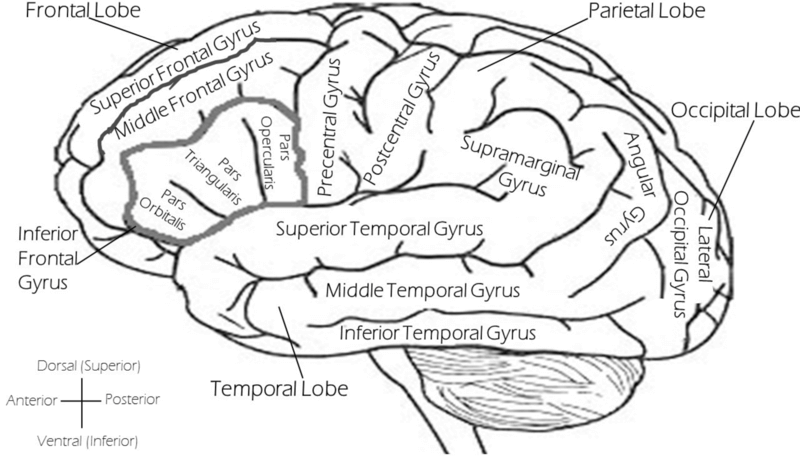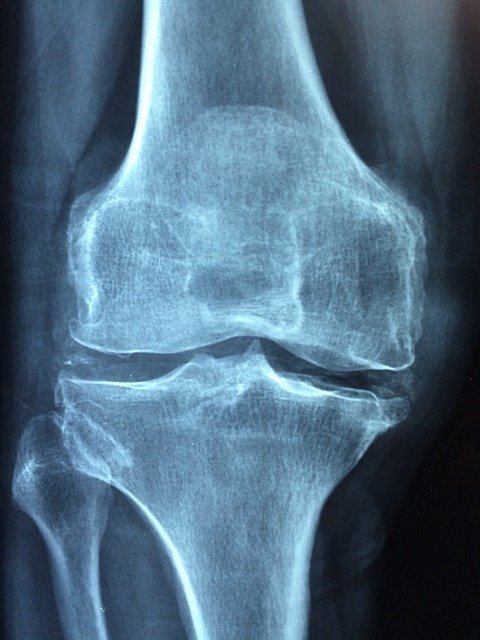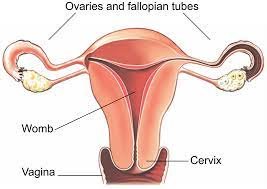Information on this site shall be considered as holistic, alternative and spiritual advice only. For medical advice and treatment a GP, medical professional and/or Certified Hijama Therapist should be consulted. In all circumstances where lifestyle changes, supplements, or other foods are suggested your GP should be consulted. Client Safety is the number one priority.
Cupping / Hijama Points Treatment Plan for Weight Loss
Allow 2-4 weeks between sessions – longer if required. Hijama Points shown for each session should ONLY be used to guide the therapist. Body size, cup size, and any other conditions need to considered and appropriate care and attention taken. The number of sessions shown can be increased or reduced depending on the condition of the client.
Complete Treatment Plan
Click here for Session 1Click here for Session 2
Click here for Session 3
Standard Wet Points – 1,55,121
Click here for Hijama Points on the front of the bodyIf the client has a complicated history and numerous concerns then it is a good idea to use our online consultation service – click here.
Which body part or function is involved in Weight Loss?
The thyroid gland is an important hormone-secreting gland. It plays a vital role in the metabolism, growth, and developmental processes of the human body. It helps to supervise many body processes by continual secretion of a regular amount of thyroid hormones into the bloodstream. If the body requires more energy in specific functions for example, if it is maturing or cold, or during pregnancy, the thyroid gland release more hormones.
This glandular organ is placed at the anterior side of the neck, below the voice box. It is butterfly shaped. The two side lobes of it pose against and around the trachea and are attached at the front by a narrow strip of muscle. It has been understood for a very long time that there is a problematic connection between thyroid disease, body weight, and metabolism. The thyroid hormone performs the metabolism process in humans. Metabolism is deduced by assessing the amount of oxygen used by the body over a certain amount of time. If the measurement is determined at rest, it is called the basal metabolic rate (BMR). many patients with hyperactivity of thyroid do, indeed, have weight loss issues. Furthermore, the condition being underweight is associated with the severity of the hyperactive thyroid. For example, if the thyroid is extremely overactive, the individual’s BMR rises which leads to improved calories needed to keep the body weight. If the person does not metabolize the number of calories intake to fit the extra calories burned, then there will be weight loss. The factors that limit our appetite, metabolism, and activity are very complicated and thyroid hormone is only one component in this complex system. However, on average more serious the hyperthyroidism, the greater the weight loss reported. Weight loss is also detected in other disorders where thyroid hormones are high.
What are the symptoms and effects of Weight Loss on the body?
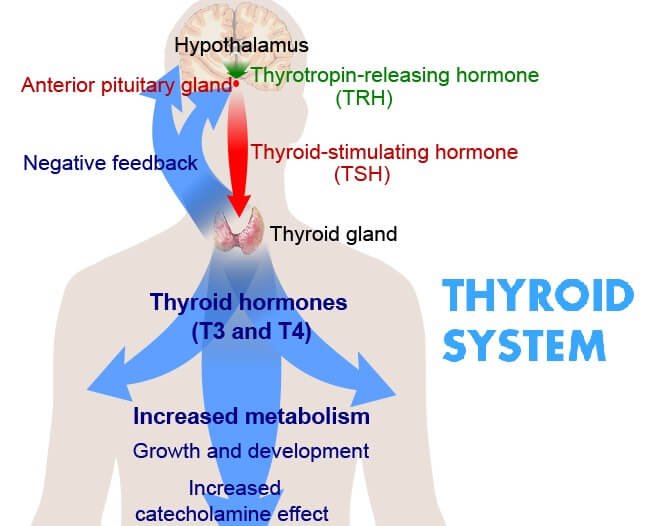
Weighing too less can result in a weakened immune system, unstable bones, and feeling tired. If you feel uncomfortable or nervous when you think about food, o feel that anxiety or low self-esteem are dominating the way you eat, you are having an eating disorder. You can test if you are underweight by using BMI healthy weight calculator, which exhibits your body mass index (BMI). If your BMI is under 18.5, this indicates that your weight may be too poor.
If you feel you may have an eating disorder, discuss it with a good health professional or a dietician. If you are underweight, probably, your intake is not a healthy, balanced diet, which can lead to nutrient deficiency due to which your body does not work properly. If you do not consume an adequate amount of iron, you may develop anemia that can make you feel weak and tired. Your immune system is not perfect when you are underweight, so you have more chances to catch a cold, flu, or other diseases. There are multiple reasons why a person may suffer from being underweight. occasionally, multiple underlying causes may be associated including:
- Hyperactivity of thyroid hormone. As stated above thyroid hormones play crucial role in metabolism and growth when their levels are inappropriate our body functions are disrupted.
- Family history. Some people have an inherently low BMI due to physical traits that run in their genes.
A high metabolism. If a person has a high metabolism, they may not attain much weight even after intake of high-energy foods. - Frequent physical activity. Athletes or people who used to have high levels of physical activity, such as runners, may burn big amounts of calories that arise in low body weight.
- Physical illness. Some disease types can induce regular nausea, vomiting, and diarrhea, making it tough to gain weight.
- Mental illness. Poor mental health can influence a person’s capacity to eat, including depression, anxiety, obsessive-compulsive disorder (OCD).
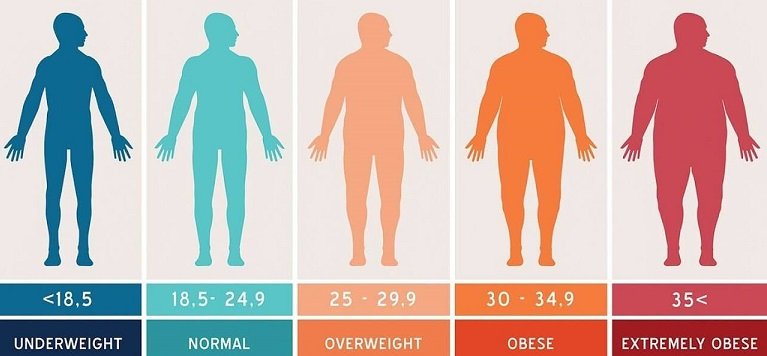
What changes in diet can help improve symptoms of Weight Loss?
Here we have mentioned some of the healthy ways to get over the underweight health condition:
- Divide your meal. Eat five to six small meals instead of two or three large meals
- Choose healthy foods. Choose whole-grain bread, cereals, fruits, and vegetables.
- Try smoothies or healthy shakes made with milk and fresh fruit, and drizzle in some ground flaxseed.
- Count every bite. Snack on nuts, peanut butter, cheese, dried fruits, and avocados.
Changes in lifestyle which can help Weight Loss
- Eat more calories than you burn.
- Eat plenty of protein
- Add plenty of carbs and fats to your diet
- Eat energy-dense foods.
- Don’t drink water before meals
- Drinking whole milk to alleviate thirst is a simple way to get in more high-quality protein and calories.
- Use bigger plates.
Possible alternative remedies for Weight Loss
However, one of the best ways is to look for some simple remedies for weight gain:
- Dry dates and milk
- Take mango and milkshake
- Add clear butter and sugar to your daily diet
- Avoid boil potatoes, take baked potatoes
- Introduce peanut butter to your daily diet

